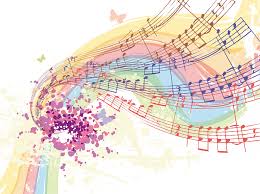 Music - www.pixabay.com
Music - www.pixabay.com The team reviewed 70 trials, involving about 7,000 patients around the time of surgery, comparing a wide variety of mostly "soothing" music with:
undisturbed bed rest
headphones with no music
white noise
routine care
The patients who had listened to music reported being less anxious after their surgery and had needed less pain relief. Music had even been effective even while patients had been under general anaesthetic.
The report published in the Lancet said scientists are recommending hospitals use this evidence by suggesting patients bring music devices into hospital with them.
 Global music - www.pixabay.com
Global music - www.pixabay.com Music is one of the few activities that involves using the whole brain, which perceives the sound as non-threatening and plants it into the pleasure zone. It is intrinsic to all cultures and has surprising benefits not only for learning language, improving memory and focusing attention, but also for physical coordination and development.
However, not all types of music have favourable effects. Music can be distracting if it's loud or jarring, or if it competes for our attention with what we're trying to do. I find most modern music trends do this to me.
Overall, music helps with pain management. Music can help reduce both the sensation and distress of both chronic pain and postoperative pain.
Listening to music can reduce chronic pain from a range of painful conditions, including osteoarthritis, disc problems and rheumatoid arthritis.
There are several theories about how music positively affects perceived pain:
1. Music may give the patient a sense of control
2. Music causes the body to release endorphins to counteract pain
3. Slow music relaxes by slowing breathing and heartbeat
Music reduces blood pressure, speeds post-stroke recovery, works as a headache and migraine therapy, boosts immunity, has an anti-seizure effect, and gives postpartum (childbirth) well-being. As well as decreasing depression, music can even prevent tinnetis from becoming a chronic condition if used in the early stages. Source: emedexpert.
I must admit, I never listen to music. While I'm writing, any sound distracts my train of thought. Today, the overcast sky feels oppressive and a dull headache lurks at the front of my forehead. Maybe I should try listening to quiet music. One good thing about this remedy: there will be no harmful effects.
Would you consider listening to music during your next medical intervention?
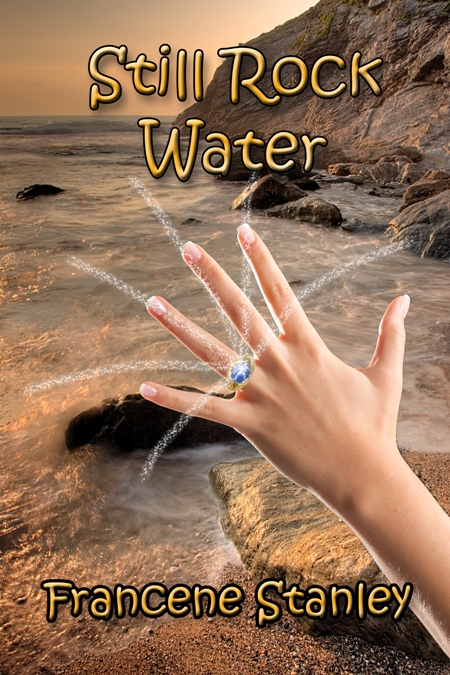
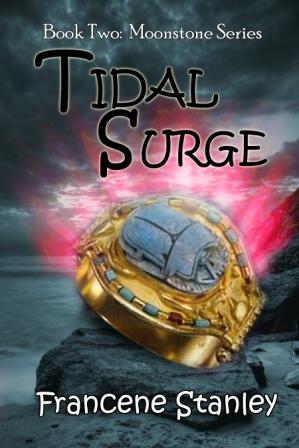
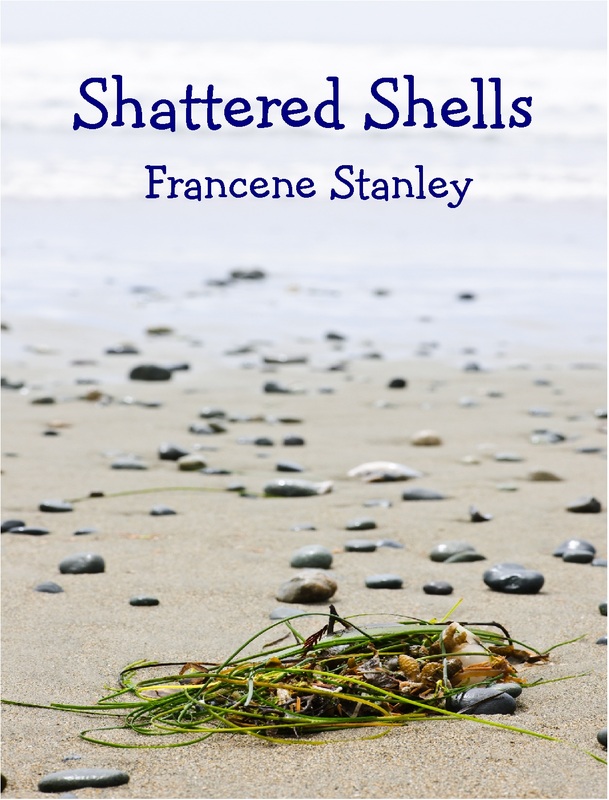
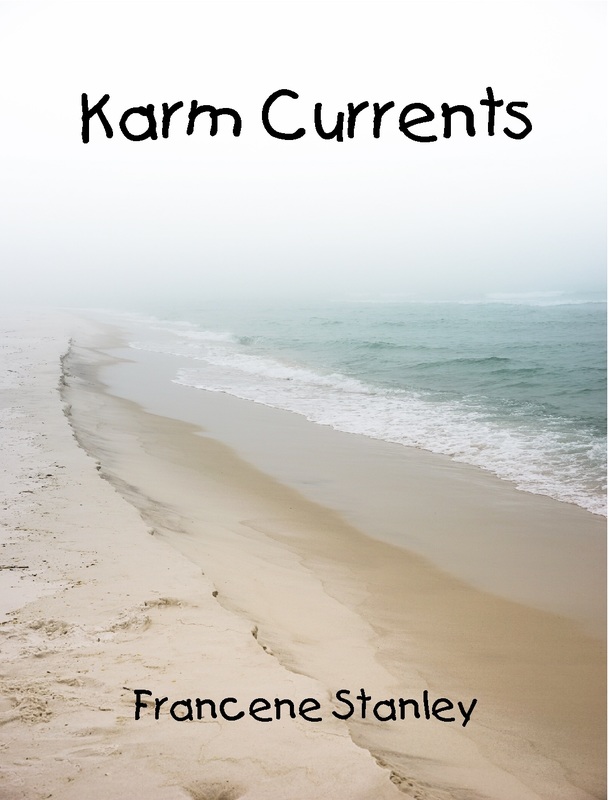

 RSS Feed
RSS Feed
